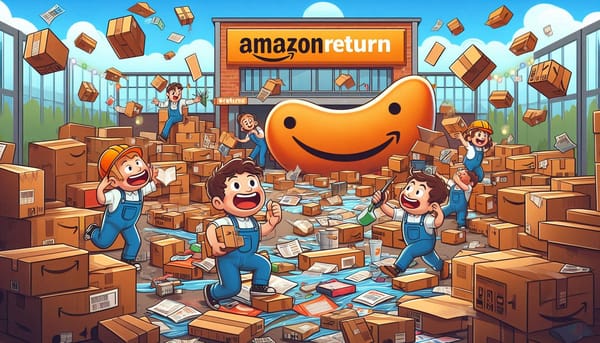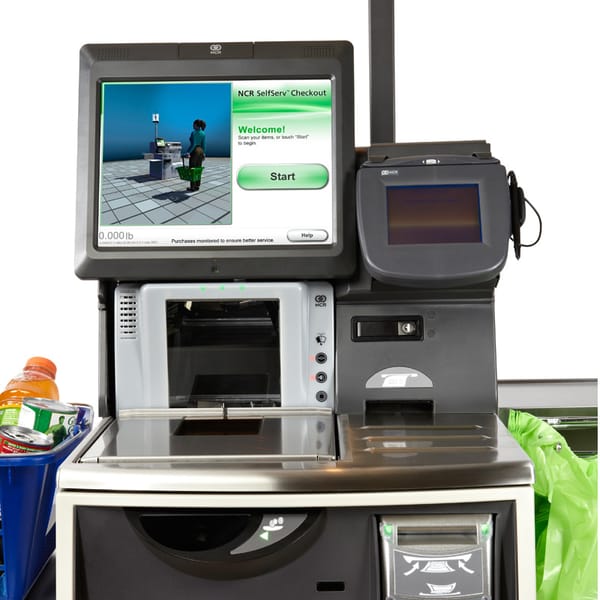Why it is hard to break into Product Management
I hear stories of people who are struggling to get that first product management role but I can explain a bit why this is so

In my travels on Twitter and other Product Management communities, I am often asked what is the secret to landing that first product manager role. Is there a class to take, or a certification to get that will give them the leg up on that entry level product position?
Sadly, the answer is almost always “No”. There is no secret sauce, no credential, no ability to whiteboard an application of the latest framework, or other hack to get in the door.
The honest truth is that most companies who are hiring a product manager, have a hole left by a departing product manager, and need someone to step in and be able to do the job. Today. Thus, they are unwilling to take a chance on a former project manager who went to a 280Group training, or attended a ProductCamp. They want someone with experience.
And the unfortunate truth is that means you really have no chance.
Especially if you are not already in the company. The risk of hiring and it not working out is too great.
Thus you see job posting after job posting with requirements for 3-5 years of product management experience in some related technology. The fact is, as a hiring manager, that is far less risky than betting on someone who is brand new to product management.
Sucks, but it is what it is.
How can you avoid this pitfall?
Swallow your Pride
If you know the company that you want to work for, and you can do a similar role (public facing, customer intimacy) look for one of those oepnings. Product Support, Customer Success, Customer Experience, and Sales Engineer are common titles, but all of these will:
- Get you in the door (YAY!)
- Give you a chance to become much more familiar with the products and technologies
- Gain you some insight into the customers and markets.
It may be a lateral move, or a step back, but in the end, it will be a stepping stone. And, don’t worry about your new manager being upset that you might move to product. Leaders in an organization are rewarded for progressing people’s careers, it will look good on their record.
The downside? This can be painful, and it can take 12 - 18 months to work, but it gets you part way there. And, honestly, you might even find that Customer Success is more fun, or that you would make far more money as an effective Sales Engineer.
Go for an APM program
The major tech companies (Facebook, Google, etc.) have programs called Associate Product Managers that are all about building a bench for their growing behemoth organizations. If you can land a seat on one of them, you will gain that valuable toehold into product and should be able to go to just about anywhere and stand out.
The downside is that they are tailored to engineers and very technical people, and - at least in my experience - produce people who are lacking in some of the marketing foundations that are essential in product management. Not a deficiency that can’t be rectified, but it is a consideration.
These programs are pretty much targeted at twenty-somethings, and not a path later in your career, so have a grain of salt in your expectations.
Look wider
I’m gonna be frank with you, tech isn’t the be-all, end-all of the world. Product managers are needed in all sorts of industries that you might not think of. One of the best product managers I ever hired worked for J. Wiley and Associates, the people who publish textbooks. She managed their financial services certification offerings, and was an OUTSTANDING fit for our tech role.
The bonus is that when they advertise for a “product manager” role, they get almost no resumes. Seriously, they often struggle to get 3 quality candidates to have a decent pool, and may resort to executive recruiters. Widen the search, and squint. If you think it is at all interesting, it can be that first step.
Recruiters
This is a lot more difficult unless you have a track record. But, if you are in a role, and have some reputation, there is a chance that an executive recruiter might stumble on you. In the old days this was a lot trickier, as it required a personal reference.
LinkedIn has streamlined this. There are ways to signal what you are interested in, and what you might consider in your profile, your likes, and what you follow. The major recruiters are adept at picking up these signals, and that can be your entry way into a role that you might never have known about.
Do some digging on optimizing your LI profile, and keep working it. It does happen.
I do want to share a story about LinkedIn: For about 3 years in the early 2010’s I would get a recruiter ping once a year, looking for a Production Manager at a Frozen Food company in Chicago. I guess “Product Manager” is almost “Production Manager”, right? Different recruiters each time too.
Last thing on the recruiter front. Once they successfully place you, they will keep you in mind for future positions, and will ring you up for advancement opportunities. Freakin’ gold right there! And, if you ever are part of a downsizing, give them a call, as they are always working opportunities. Good people to know.
Final Thoughts
Getting that first job in product is tough. Back in my day, you sort of fell sideways into it, and nobody *tried* to become a product manager. It just happened.
Don’t set your sights on the impossible. Landing at first into a hot startup, or one of the MAANG companies is highly unlikely, there are alternatives out there that can help you get in the door. What you do next is up to you!



